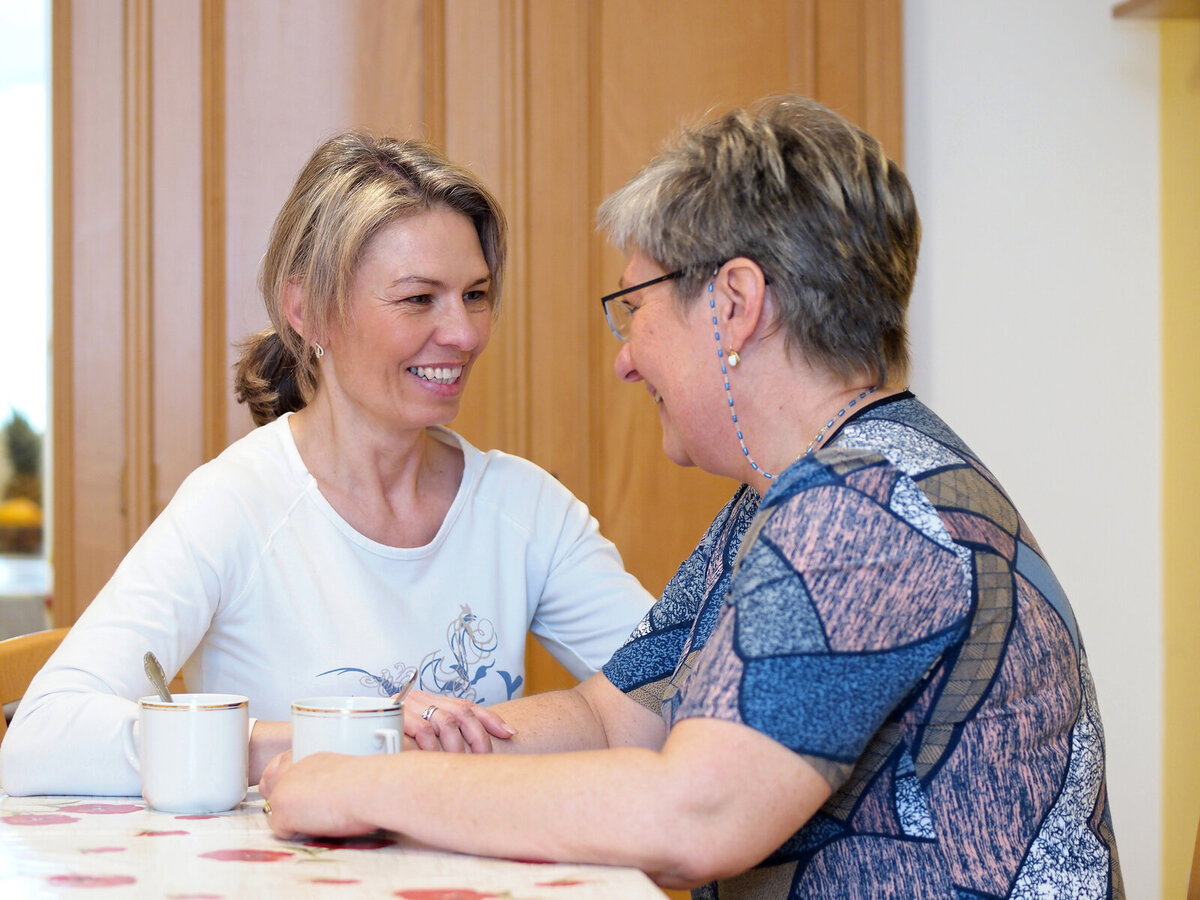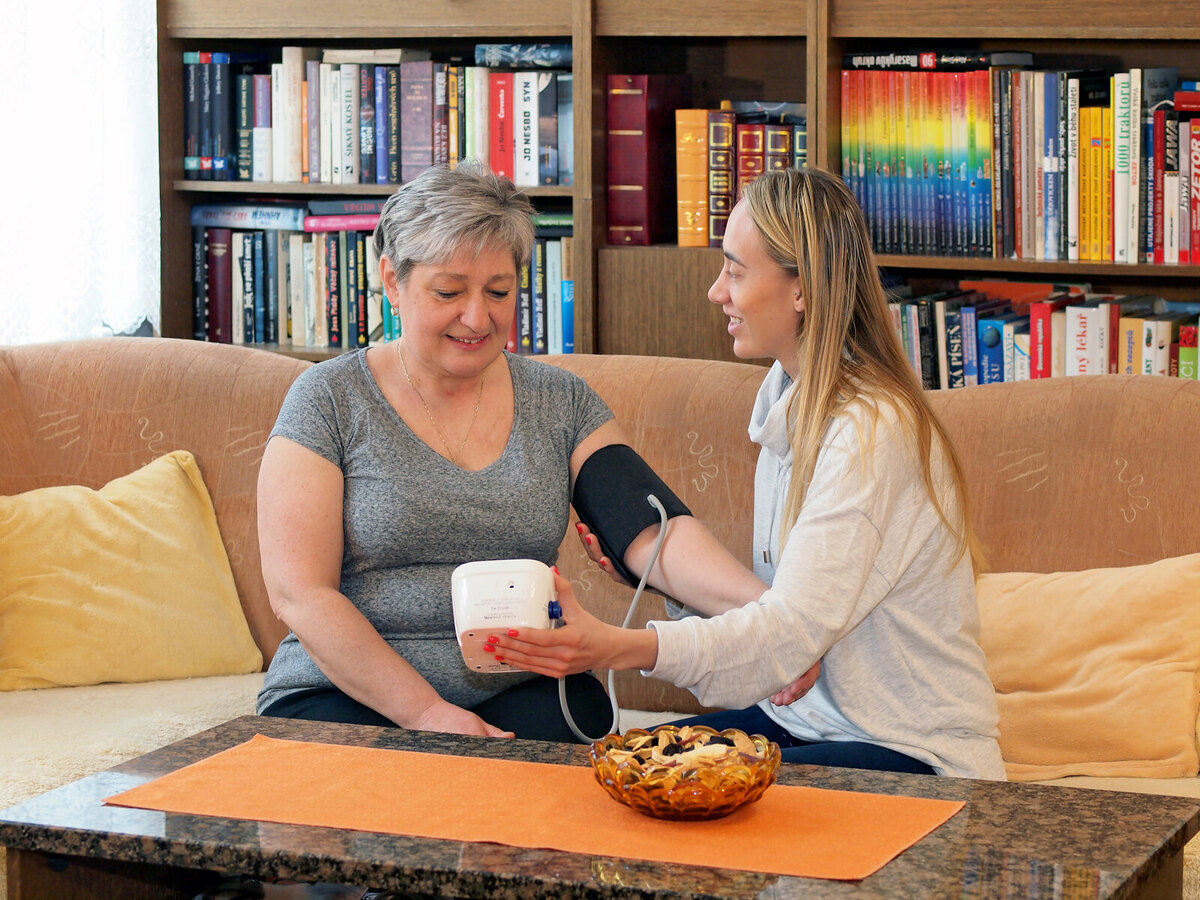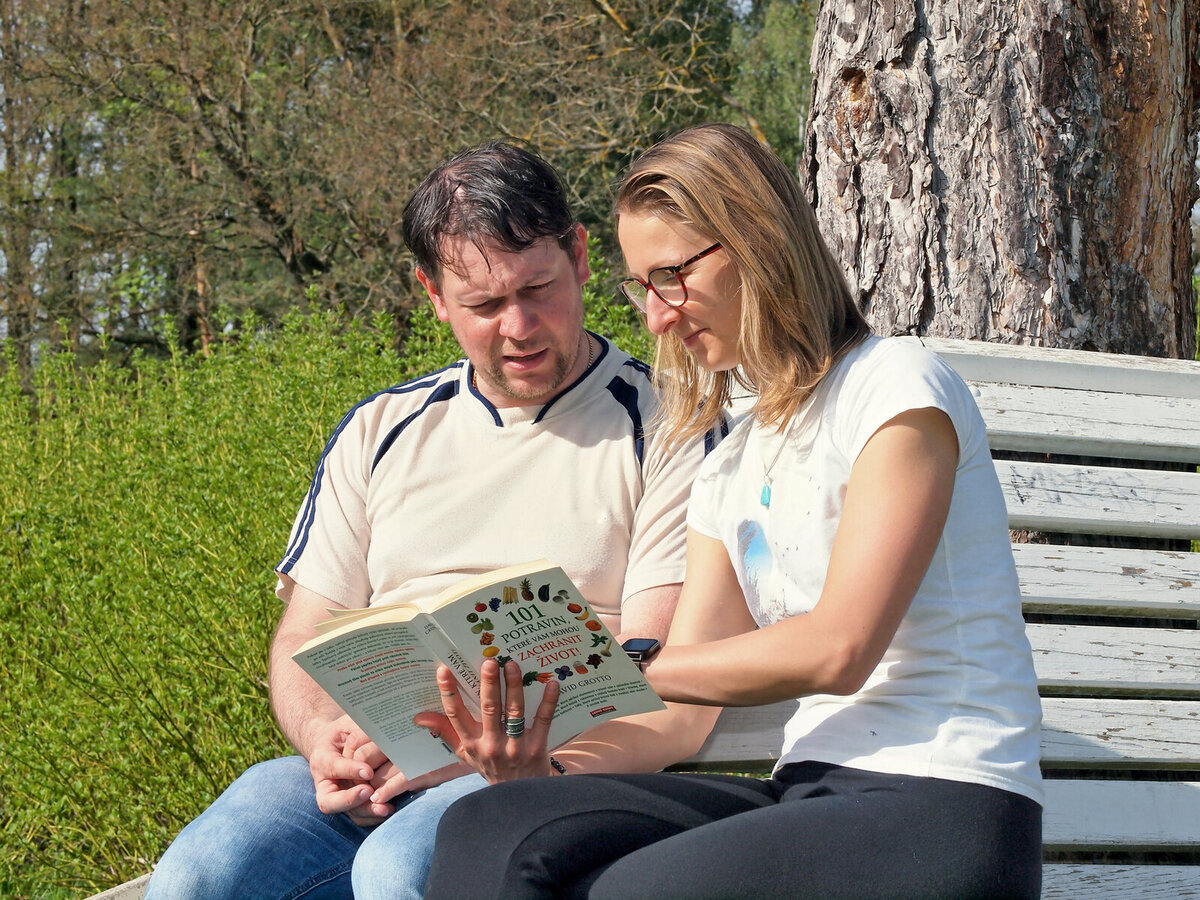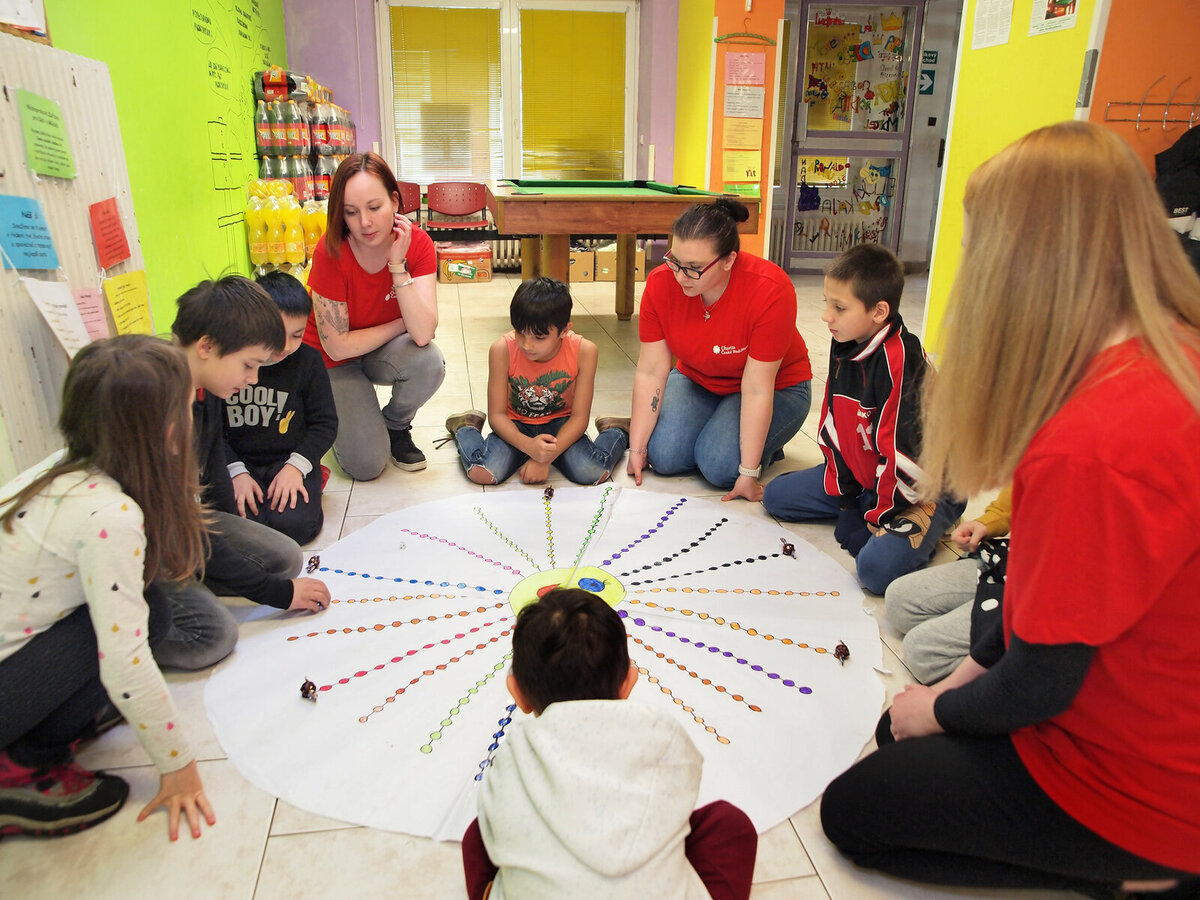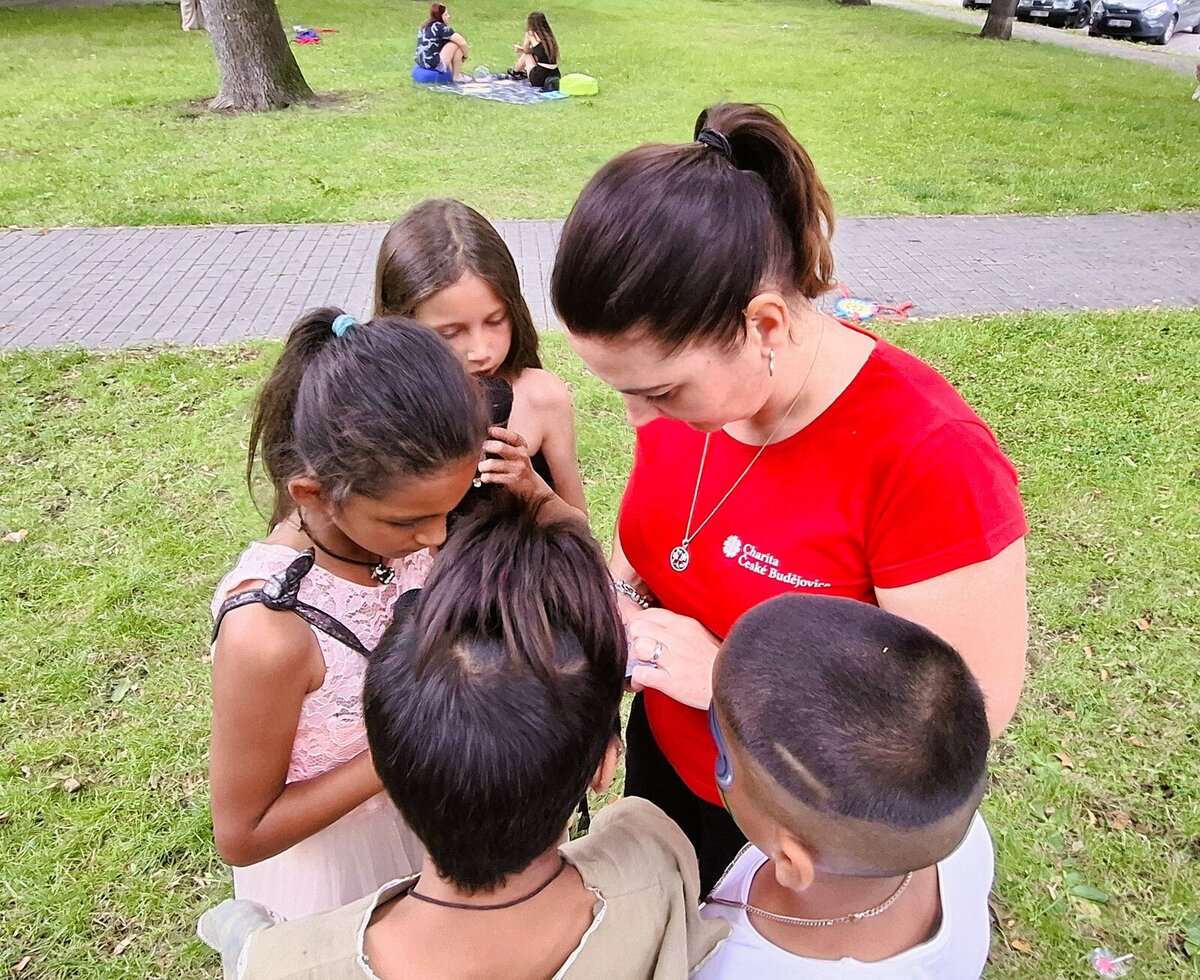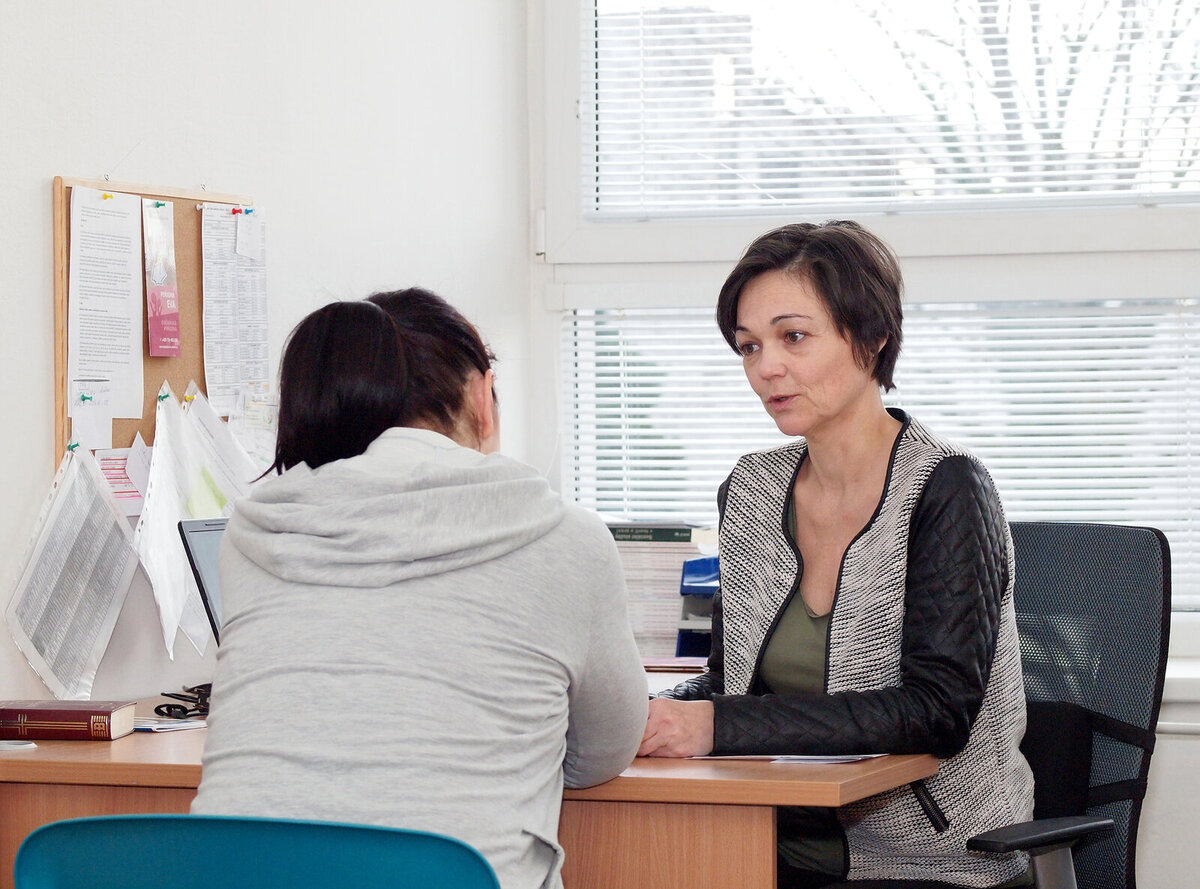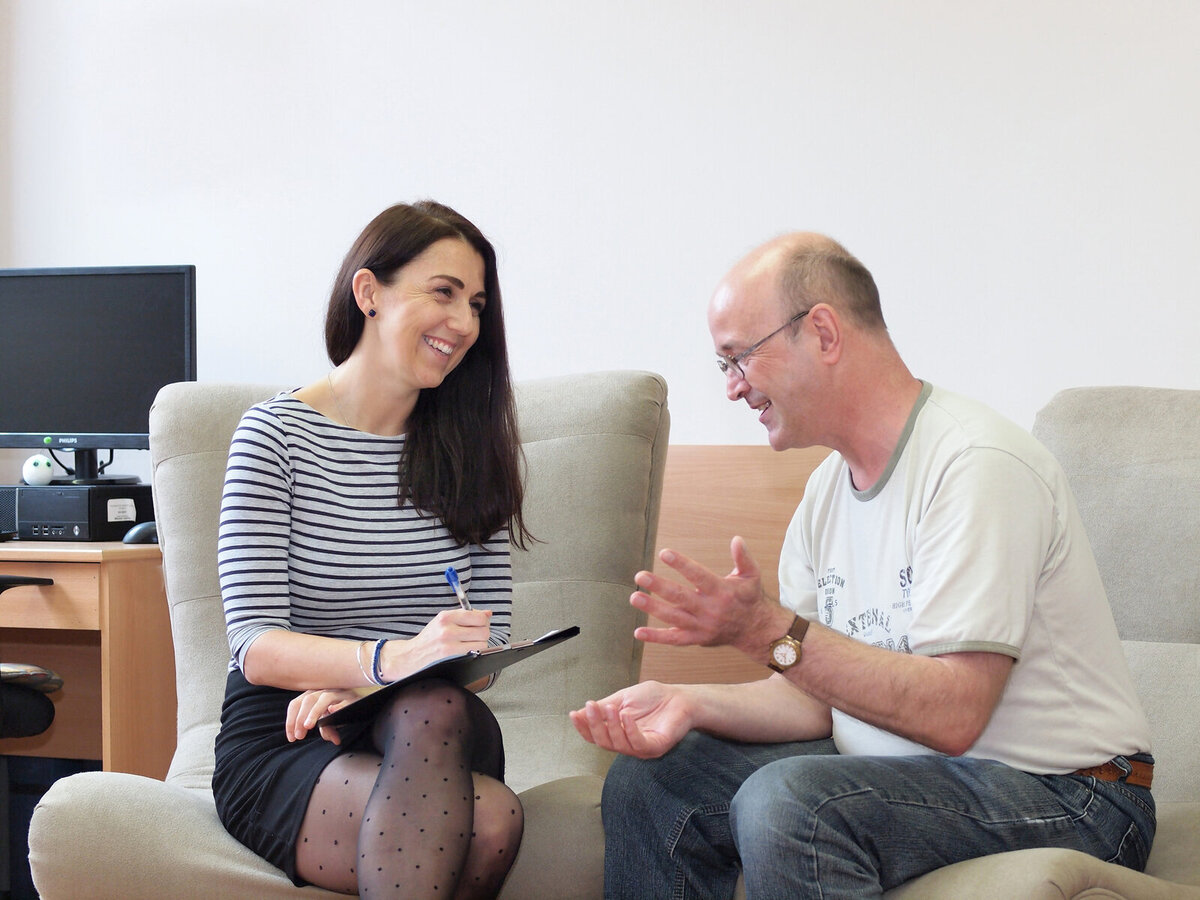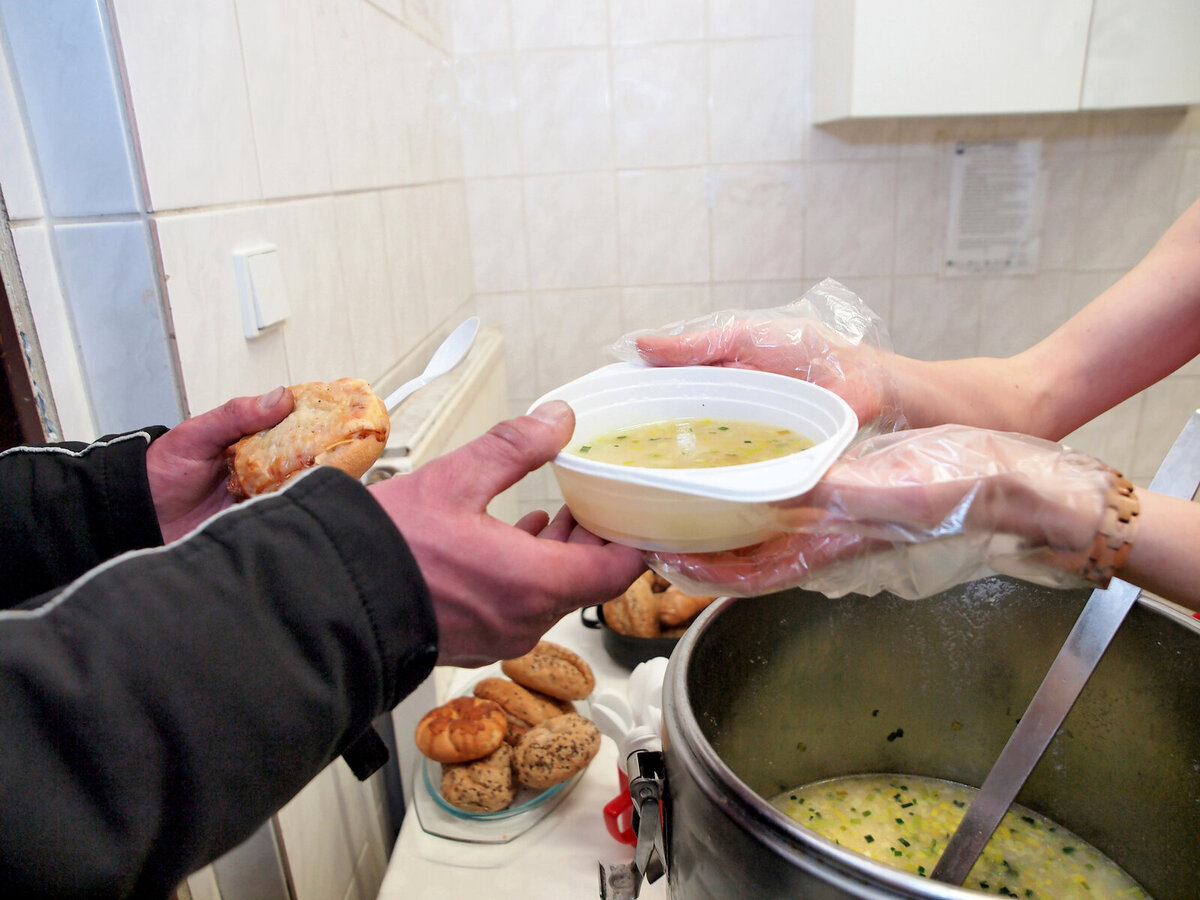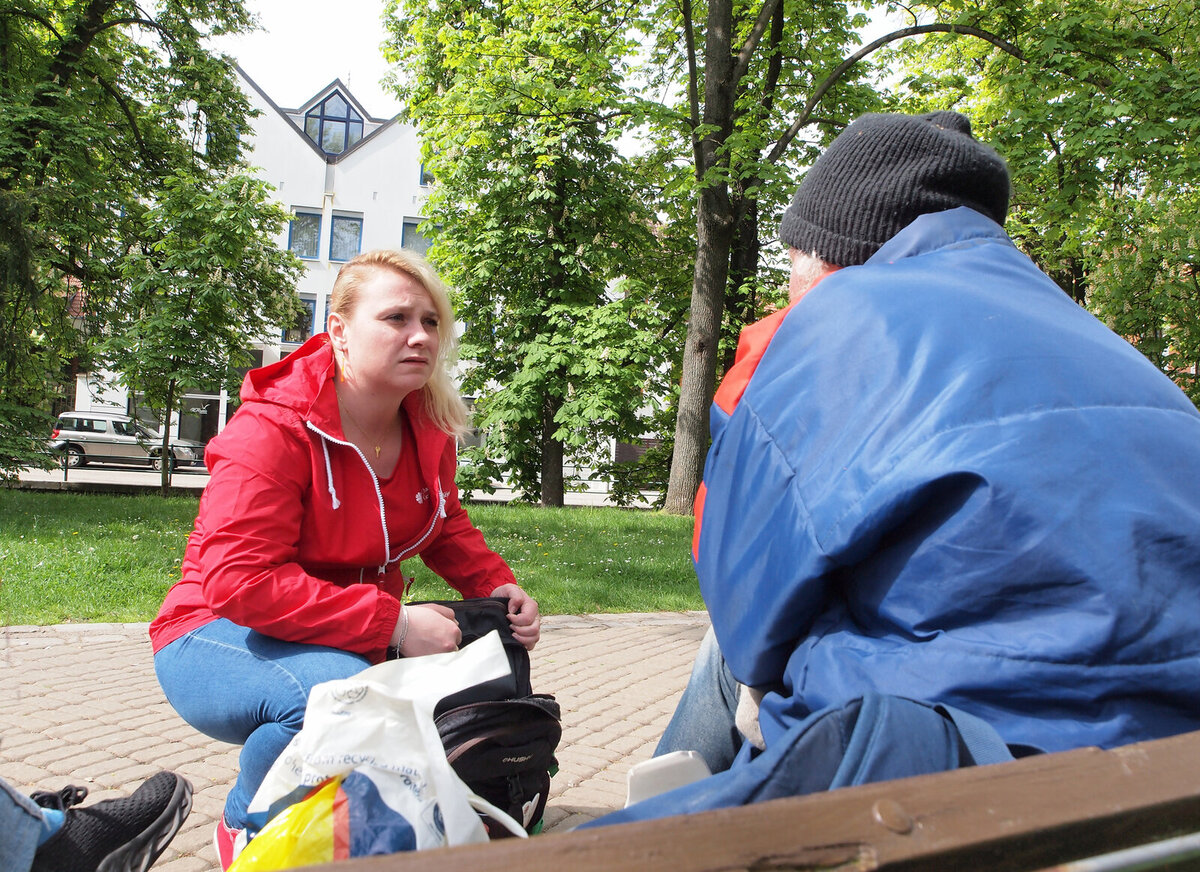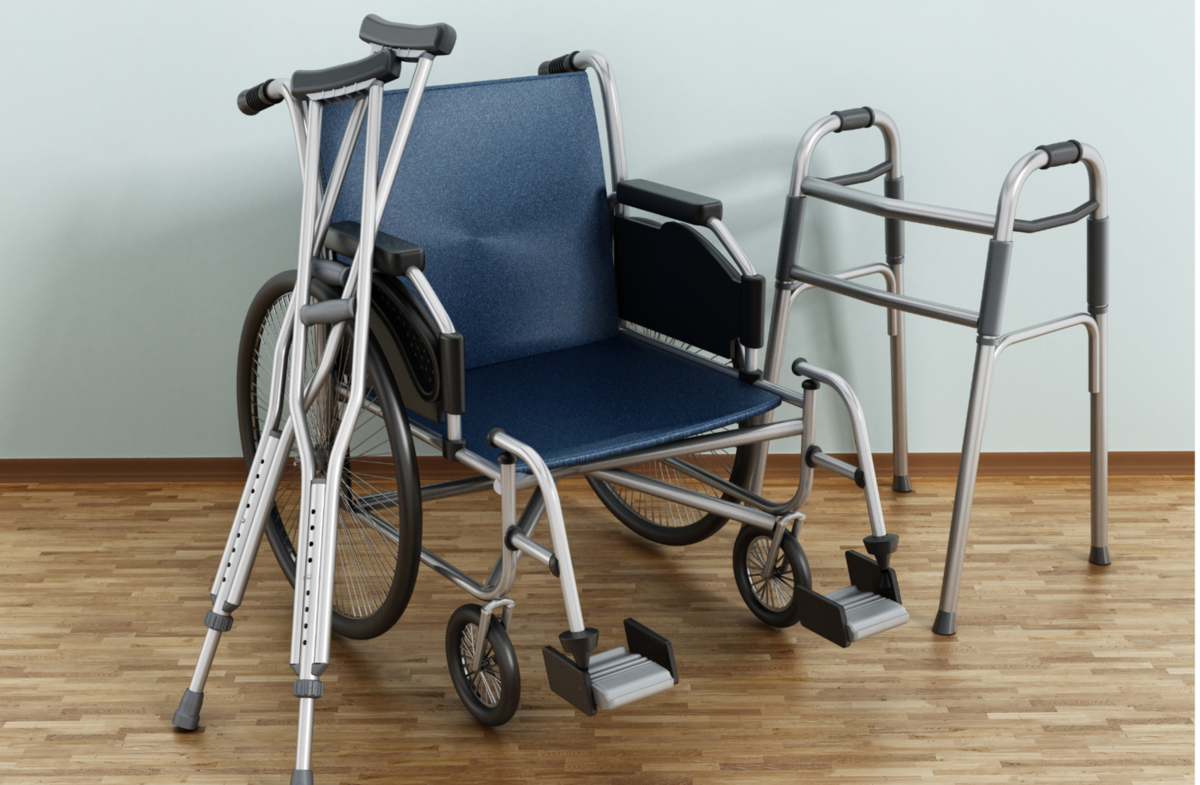Mrs. Milena came to the counselling centre at a time when she no longer knew where to turn. After a recent divorce, she had to move out because she had been living in an apartment in her ex-husband’s parents’ house, and living together after the divorce had become unbearable. When she came to the counselling centre, she was living with her children in a temporary municipal crisis apartment, which she was allowed to use only for a limited period of a few months.
Securing alternative housing was very complicated for Mrs. Milena, and she did not know what to do next. She did not have the money to pay a standard deposit, a real estate agency fee, and other expenses. From the crisis apartment, she had to travel with her children — especially her son — to a special school. Her son could not manage the journey alone. She had to accompany him every day by bus with several transfers.
Together, we started working on finding suitable housing, stabilizing the family situation, and finding a suitable job that would allow her to balance work with the demanding care of her son. Another goal was to arrange at least temporary personal assistance for accompanying her son and to secure a care allowance for him. Mrs. Milena was included in financial support provided by Counselling Centre Eva through the Jistota Foundation.
Finding housing was the number one priority, as she had to leave the temporary apartment. We contacted many housing offers, including municipal housing. The first meeting with a new landlord failed — the landlord wanted her to pay some kind of deposit in advance without any receipt. After our social worker stepped in, the landlord never responded again. The second promised apartment fell through because the owner refused to accept a guarantee from our organization and said she did not want “any charity cases.”
In the end, we managed to find suitable housing on the regular rental market. Then we arranged the benefits Mrs. Milena was entitled to and started looking for suitable employment. The family has now moved. They live close enough to the school that the children can walk there, and there is no longer any need to accompany them. Personal assistance for school travel is no longer needed. Mrs. Milena has found a stable job instead of temporary gigs and is satisfied.
The new start after the divorce has been successful. We are now working to secure the care allowance for her son and to set up a sustainable balance between caregiving and work so that Mrs. Milena, as a caregiver, can continue to manage both roles long-term and have enough strength for everything she needs.

